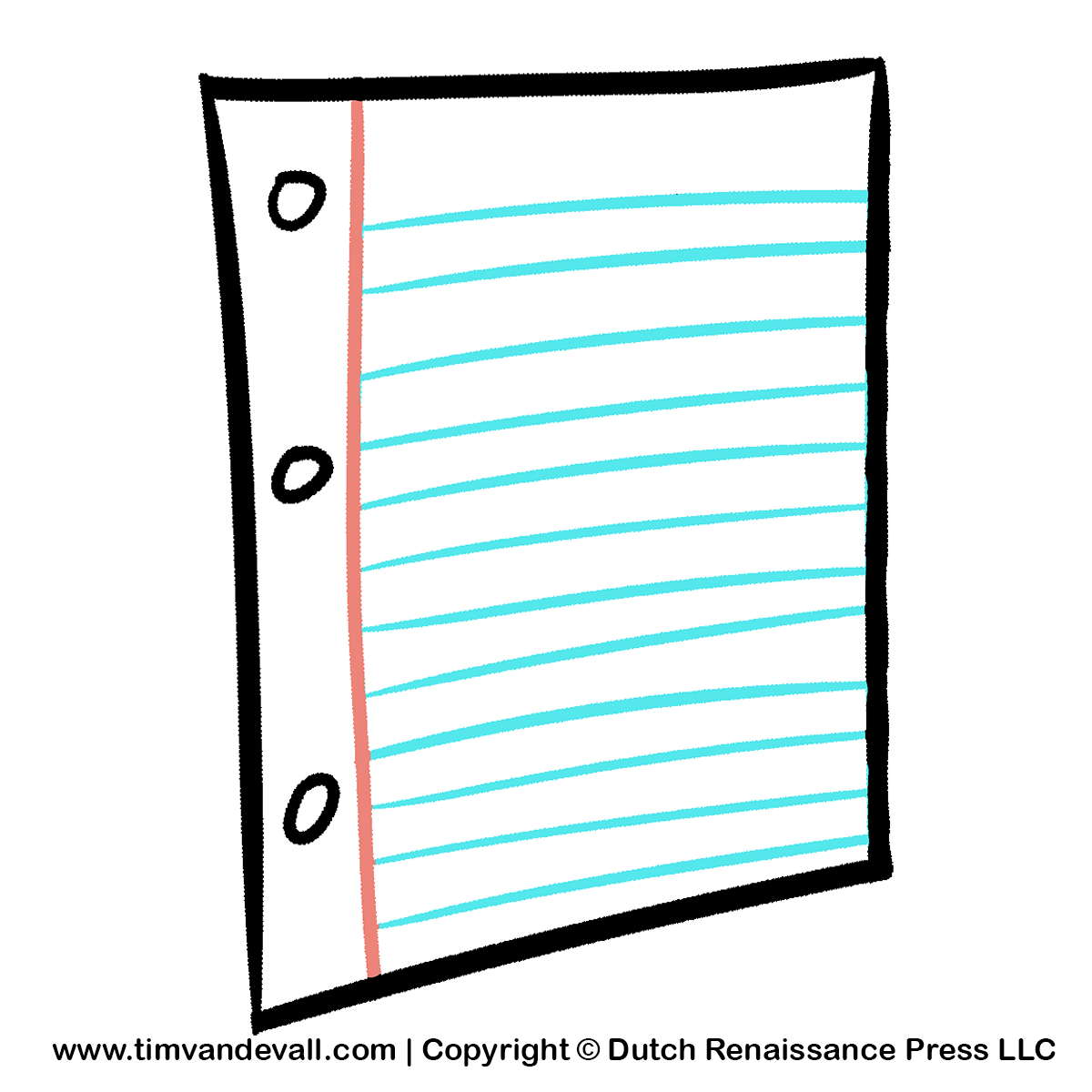Unpacking M.I.A.'s 'Paper Planes': More Than Just A Catchy Hook
Table of Contents
- Introduction: The Enduring Echo of "Paper Planes"
- M.I.A.: A Force of Nature in Music
- "Kala": The Album That Defined a Sound
- The Lyrical Core of "Paper Planes": A Deeper Dive
- Sampling Genius: The Clash and the Gunshot
- Themes Unveiled: Immigration, Identity, and Hustle
- Cultural Impact and Global Resonance
- The Lasting Legacy of "Paper Planes"
- Conclusion: Flying High with M.I.A.'s Masterpiece
Introduction: The Enduring Echo of "Paper Planes"
Few songs manage to capture the zeitgeist of an era while simultaneously offering a timeless commentary on complex global issues quite like M.I.A.'s "Paper Planes." This iconic track, a standout from her critically acclaimed album Kala (Deluxe Edition), isn't just a catchy tune that permeated pop culture; it's a meticulously crafted narrative woven with sharp wit, cultural critique, and an unmistakable rhythmic pulse. Delving into the Paper Planes M.I.A. lyrics reveals layers of meaning that speak to themes of immigration, identity, and the relentless pursuit of opportunity in a globalized world.
From its distinctive sample of The Clash's "Straight to Hell" to its controversial gunshot sound effects, "Paper Planes" challenged listeners to look beyond the surface. It propelled M.I.A. from an underground sensation to a global superstar, proving that art could be both politically charged and universally appealing. This article will embark on a comprehensive journey through the song's intricate tapestry, exploring the artist behind it, the album it belongs to, and the profound messages embedded within its unforgettable lines, ensuring a deep dive into what makes the Paper Planes M.I.A. lyrics so enduringly significant.
M.I.A.: A Force of Nature in Music
To truly appreciate the depth of "Paper Planes M.I.A. lyrics," one must first understand the artist herself. Mathangi "Maya" Arulpragasam, known universally as M.I.A., is not just a musician but a multifaceted artist, activist, and visionary whose life experiences profoundly shape her work. Born in Hounslow, London, to Sri Lankan Tamil parents, her early life was marked by displacement and political turmoil. Her family frequently moved between Sri Lanka and the UK due to the Sri Lankan Civil War, with her father, Arulpragasam Arulpragasam, being a prominent figure in the Tamil independence movement. This nomadic existence, coupled with her family's involvement in a struggle for self-determination, instilled in her a unique perspective on global politics, identity, and the immigrant experience – themes that would become central to her artistic output.
- Evgeniya Lvovna
- King Von Autopsy
- John Mcphee Shrek
- Sofia Vergara Nudes
- Blake Shelton And Miranda Lambert Duet
M.I.A.'s musical style is as eclectic and boundary-pushing as her background. She seamlessly blends elements of electronic music, hip-hop, dance, world music, and pop, creating a sound that is distinctively her own. Her lyrics often tackle socio-political issues with a raw honesty and a satirical edge, challenging conventional narratives and giving voice to the marginalized. Before "Paper Planes," M.I.A. had already garnered critical acclaim for her debut album Arular (2005) and its follow-up Kala (2007), establishing herself as an innovative force. However, "Paper Planes" catapulted her into mainstream consciousness, transforming her into a global icon and demonstrating her ability to craft universally appealing anthems without compromising her artistic integrity or political stance. Her ability to fuse global sounds with sharp social commentary made her a unique voice, paving the way for a new generation of artists unafraid to speak their minds.
Personal Data and Biodata
Here's a snapshot of the artist behind the iconic "Paper Planes M.I.A. lyrics," providing context to her impactful artistry:
| Category | Details |
|---|---|
| Full Name | Mathangi Arulpragasam |
| Known As | M.I.A. |
| Date of Birth | July 18, 1975 |
| Place of Birth | Hounslow, London, England |
| Nationality | British |
| Ethnicity | Sri Lankan Tamil |
| Occupation | Singer, Rapper, Songwriter, Record Producer, Visual Artist, Activist |
| Musical Genres | Electronic, Hip Hop, Dance, World Music, Alternative Pop |
| Years Active | 2000–present |
| Notable Albums | Arular (2005), Kala (2007), Maya (2010), Matangi (2013), AIM (2016), MATA (2022) |
| Key Themes | Globalization, Immigration, Identity, Politics, Consumerism, War, Poverty |
"Kala": The Album That Defined a Sound
"Paper Planes" is not just a standalone hit; it's a cornerstone of M.I.A.'s second studio album, Kala, released in 2007. Named after her mother, the album is a vibrant, audacious tapestry of global sounds and political commentary, recorded across various countries including India, Jamaica, Australia, Liberia, and the United States. This international production process infused Kala with an authentic sonic diversity, reflecting M.I.A.'s own transnational identity and her critique of global power dynamics. The album marked a significant evolution in her sound, moving away from some of the more overtly electronic textures of Arular towards a more percussive, tribal, and raw aesthetic, heavily influenced by traditional music from around the world, particularly South Indian and African rhythms.
Kala was lauded by critics for its innovative production, fearless lyricism, and its ability to blend pop sensibilities with experimental sounds. It explored themes of consumerism, immigration, violence, and the digital age, all delivered with M.I.A.'s signature blend of urgency and irony. "Paper Planes" perfectly encapsulated the album's spirit, becoming its most commercially successful single and introducing M.I.A.'s unique artistry to a massive global audience. The album's success cemented M.I.A.'s reputation as a groundbreaking artist who could craft compelling narratives and push musical boundaries without sacrificing accessibility. It remains a landmark album in contemporary music, a testament to M.I.A.'s vision and her ability to translate complex global issues into universally resonant art. Its raw energy and global soundscape provided the perfect backdrop for the powerful Paper Planes M.I.A. lyrics to truly shine.
The Lyrical Core of "Paper Planes": A Deeper Dive
At the heart of the song's appeal are the unforgettable Paper Planes M.I.A. lyrics. The chorus, repeated throughout the song, is instantly recognizable and profoundly impactful, forming the backbone of its message:
"I fly like paper, get high like planes
If you catch me at the border, I got visas in my name
If you come around here, I make 'em all day
I get one done in a second if you wait"
These lines, delivered with M.I.A.'s characteristic swagger and a hint of playful defiance, are packed with multiple layers of meaning. The imagery of "flying like paper" and "getting high like planes" evokes a sense of lightness, freedom, and perhaps even a certain detachment from conventional gravity. "Paper" could refer to the documents, the money, or even the perceived flimsiness of existence for those navigating complex global systems. "Planes" symbolize movement, global travel, and the aspiration to transcend boundaries, embodying the modern-day nomad or the individual constantly on the move. This opening couplet immediately sets a tone of mobility and ambition, hinting at a
- Is Steve Lookner Married
- Abigaiil Morris
- Sophie Rain Onlyfans Leak Exploring The Facts Myths And Controversies
- Teach Me First Free Your Ultimate Guide To Unlocking Knowledge Without Breaking The Bank
- Rik Estrada Larry Wilcox

√99以上 old wrinkled paper overlay 232113

Cartoon Paper - ClipArt Best

paper cartoon clipart 10 free Cliparts | Download images on Clipground 2025